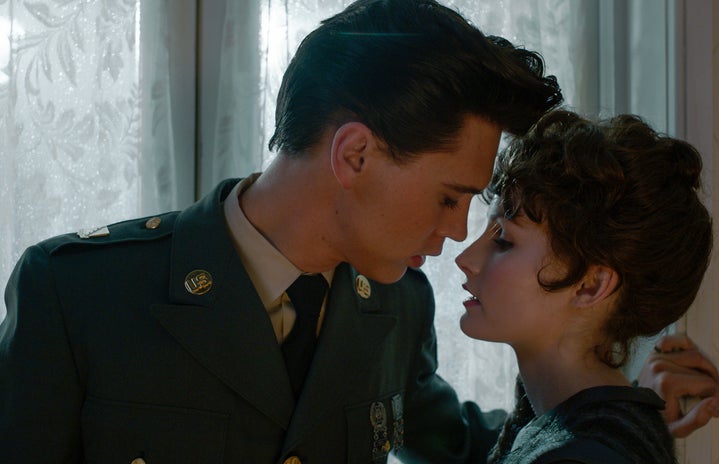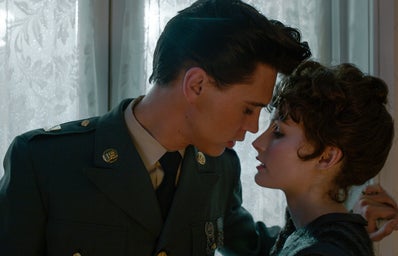Picture your favorite TV show. Think of the characters in that show. Is there a bad boy? Odds are you thought of someone, and they are probably the love interest to one of the characters, if not the main character.
Damon Salvatore, Jess Mariano, Hardin Scott, Dean Winchester, JJ Maybank, Marcus Baker, Draco Malfoy. The list could go on. I’ll be the first to admit that I have crushes on nearly all these men. But why do we have such a fascination with them?
The typical bad boy is good-looking, confident and fearless. However, they can also be vain, sweet-talking and destructive. Ahir Gopaldas & Susanna Molander explore the bad-boy archetype in their article, The bad boy archetype as a morally ambiguous complex of juvenile masculinities: the conceptual anatomy of a marketplace icon. They examine the bad characteristics, the appealing characteristics and the moral ambiguities of bad boys.
The bad characteristics of the bad boy are usually the most obvious (that’s why they’re called bad boys, duh). Gopaldas and Molander use three main adjectives to sum up the bad boys’ dominant characteristics: aggressive, rebellious and sexual. Bad boys are often hypermasculine. They are always ready to fight and don’t care who they hurt in the meantime (unless it’s the girl they like, but we’ll get into that in a second).
While bad boys have their bad sides, they have appealing characteristics too. They are often good-looking, witty and sweet (to the right people). Their three main good traits are charismatic, rugged and sensitive. These traits aren’t seen as often. What we will often see is that the bad boy has a soft spot for one girl and treats her differently than anyone else. He would do anything for her. Damon would kill for Elena (and he does). JJ breaks Kiera out of the camp her parents sent her to. We look for the good in people. Ever heard the term “I can fix him”? The “I can fix him” syndrome, as I like to call it, kicks in when we see one good thing in a person among a sea of bad. Klaus Mikaelson terrorized the Mystic Falls crew for seasons, but his soft spot for Caroline made me love him. In episode 14 of season 3 of The Vampire Diaries, Caroline psychoanalyzes Klaus: “I get it. Your father didn’t love you, so you assume no one else will either.” This scene made me really feel for Klaus.
According to the affective disposition theory, viewers evaluate characters based on their morals and then decide if they like the character or not. These bad boys are usually morally grey, contradicting the theory. Maybe we like bad boys so much because we see some of ourselves in them. We might also be justifying their behavior. If we are empathizing with them, it is probably meant to be that way. Creators of these TV shows, movies and books want us to like these characters. Often, they are given a tragic backstory, like I just mentioned with Klaus. Jess Mariano had a bad home life, Marcus Baker’s best friend passed away, and Alex Karev had an alcoholic for a dad. We feel sorry for these characters and blame their behaviors on their pasts. Plus, their good looks help.
The bad-boy trope, while enjoyable, is not rooted in reality. It is important to remember that the behaviors these boys exhibit are not healthy in real-life relationships. While it is fun to watch on the screens, we should not idolize these boys and their relationships so much. Cultivation theory states that what you view on TV can affect how you view the real world. If you watch lots of TV shows with this trope, it might affect how you perceive bad boys in real life. As long as you can keep all this in mind while consuming this trope, have fun, and remember: YOU CAN’T FIX HIM!
For more info on this subject, I recommend checking out these articles and journals:
Gratifying Ambiguity: Psychological Processes Leading to Enjoyment and Appreciation of TV Series with Morally Ambiguous Characters
The bad boy archetype as a morally ambiguous complex of juvenile masculinities: the conceptual anatomy of a marketplace icon
Are We Done Romanticizing The Bad Boy Trope Yet?


